Social Determinants of Health
Togetherness – Fight Loneliness
Introduction
Social Determinants of Health
Social determinants of health are the conditions in which people are born, grow, live, work and age that shape health.
- Social determinants of health include factors like socioeconomic status, education, neighborhood and physical environment, employment, loneliness and social support networks, as well as access to health care. Addressing social determinants of health is important for improving health and reducing longstanding disparities in health and health care. Many Medicare Advantage Plans are including a lot of “extras” to help..
- Anthem MediBlue Plus our webpage
- Blue Shield 65 Plus – Inspire HMO our webpage
- SNP Special Needs Plans our webpage
- UnitedHealthcare
- Scan
- How Medicare Advantage Programs Can Address Social Risk and Improve Health Outcomes hit consultant.net 12/2024
- More resources for older adults who are on their own CA Health Line 12/2024
- Fundamental disadvantages like poverty, hunger and homelessness typically coexist with a lack of transportation and information about the healthcare system. As much as 80 percent of patients’ health is affected by these factors. Consider the following statistics:
- Twenty-six percent of U.S. adults said that they had experienced emotional distress in the past year that was difficult to cope with alone.
- U.S. adults were more likely than adults in all other countries to report that they were “always” or “usually” worried about having enough money to buy nutritious meals and to pay their rent or mortgage.
- U.S. adults were the most likely to report financial barriers to healthcare, and 33 percent reported that they have had a cost-related access problem in the past year.
- Managed care plans (HMO’s), Medi Cal – Medicaid and providers also are engaged in activities to identify and address social needs.
- There are many problems to address social determinants of health. While these social determinants of health typically fall outside the scope of most health plans, effective care cannot be delivered while ignoring them.
- It’s not just having Insurance for when you are ill, but preventing illness by creating a better living environment
- Insurance companies can offer immediate assistance by transferring members to a care manager or social worker. Doing so, can reduce healthcare costs by 10 percent or $2,443 annually per member
- READ MORE KFF.ORG
- Social Determinants of Health: The Impact on Members, Health Outcomes and the Bottom Line 11 page brochure Modern Health Care
- Scroll down for loneliness, graphs, resources, links & bibliography
- Orange County forms task force to address health-equity issues READ MORE LA TIMES 4.4.2022
- READ MORE KFF.ORG
- Advocates are pushing for a health equity and racial justice fund in California. Here’s what it would do
- Webinar on loneliness
- Medicare Advantage Benefit Design
- High-Deductible Health Plans Make Income Inequality Worse
- california health line.org/-medicaid-medically-tailored-meal-delivery-experiment
Photo from BBC.com
- “Phubbing” [Phone – Snubbing] is the practice of snubbing others in favor of our mobile phones. Read More Washington Post
- People hate being ignored in favor of a phone, or ‘phubbed’. New research shows phone-obsessed bosses may cause long-term damage to employee morale. Read More BBC.com
- 11 Foolproof Ways to Start a Conversation Time Magazine
Introduction #Loneliness Benefits and Advantages of Togetherness
- Loneliness is a common emotional distress syndrome with a high risk factor for early mortality and a broad variety of physical health and psychiatric issues, it still gets little attention in medical training or in health care more generally,” Business Wire.com
- “Some experts think that when you feel isolated you’re more likely to feel unsafe and perceive that the world is more threatening in some way, which leads to stress and anxiety and low self-esteem, and those can create health issues. Others believe that those who are socially isolated from others are having a harder time taking care of themselves regulating themselves. They’re not guided by social norms or cues and may engage in more unhealthy behaviors like eating poorly, substance abuse, smoking, and then others may argue that loneliness is tied to other physical issues like sleep disturbance or increased cortisol, which creates and exacerbates health issues.” Often, she adds, they face financial problems.
- “Forty percent of high-need isolated adults have incomes below $15,000 a year, and 80 percent of those people say they worry about having enough money to pay bills or afford healthy food — a rate more than double that of the total sample of adults. And even more concerning is that because of this financial hardship they’re more likely, three times more likely than other adults, to skip doses or not fill their medications.” commonwealthfund.org/addressing-epidemic-loneliness
- Grocery benefit use for dual-eligible MA beneficiaries linked to increased office visits: Elevance study Beckers payer.com 11/2025
- The United Kingdom appointed a Minister for Loneliness to address the finding that nine million British people often or always feel lonely.
- CareMore Health, has a Togetherness Program. It’s a comprehensive initiative aimed at identifying and intervening in the loneliness among its senior patients; catalyst.nejm.org/senior-loneliness Often, the most common pathology seem is not heart disease or diabetes; but loneliness.”
- Social connection significantly affects health. When you believe that you have people in your life who care about you, and you interact with them regularly, you are better off. For instance, you may be less likely to catch a cold, have a stroke or heart disease, slip into early cognitive decline and developdepression. You may even be more likely to overcome socioeconomic disadvantages, recover quickly from illness and live longer.
- Among Caremore’s efforts, they screen for loneliness during appointments, have regular phone conversations and home visits with at-risk senior patients to show they care, and provide informal social hubs at their clinics to foster connection. scientificamerican.com/to-combat-loneliness-promote-social-health
- The seclusion that comes with aging in America is more than just unfortunate; it’s a health problem that CareMore CEO Sachin H. Jain, MD, MBA, FACP, says affects 43% of seniors over age 65. A study in 2016 showed a direct connection between the size of one’s social network and health, and CareMore cites research that compares extreme isolation to smoking 15 cigarettes a day.
- Connect seniors with local resources, including CareMore gyms at existing facilities. In some cases, home visits are needed. ajmc.com/loneliness-removes-barriers-to-togetherness
- Opinion: What I’ve learned about living alone after losing my wife of 42 years
Graphs
Social determinants of health are the conditions in which people are born, grow, live, work and age. They include factors like socioeconomic status, education, neighborhood and physical environment, employment, and social support networks, as well as access to health care kff.org/the-role-of-social-determinants-in-promoting-health-and-health-equity/
Income vs Health Status
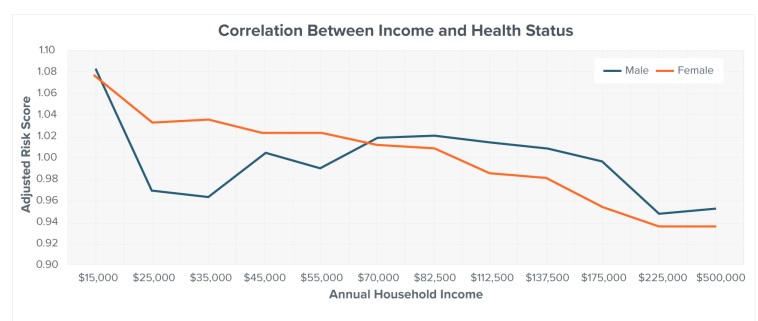
Factors impacting health can be presented through an upstream/downstream model – with upstream inequities that can create unequal living conditions. These unequal conditions then shape how we can approach our health behaviors, which lead to disparities downstream in disease, injury, and mortality. letsgethealthy.ca.gov/sdoh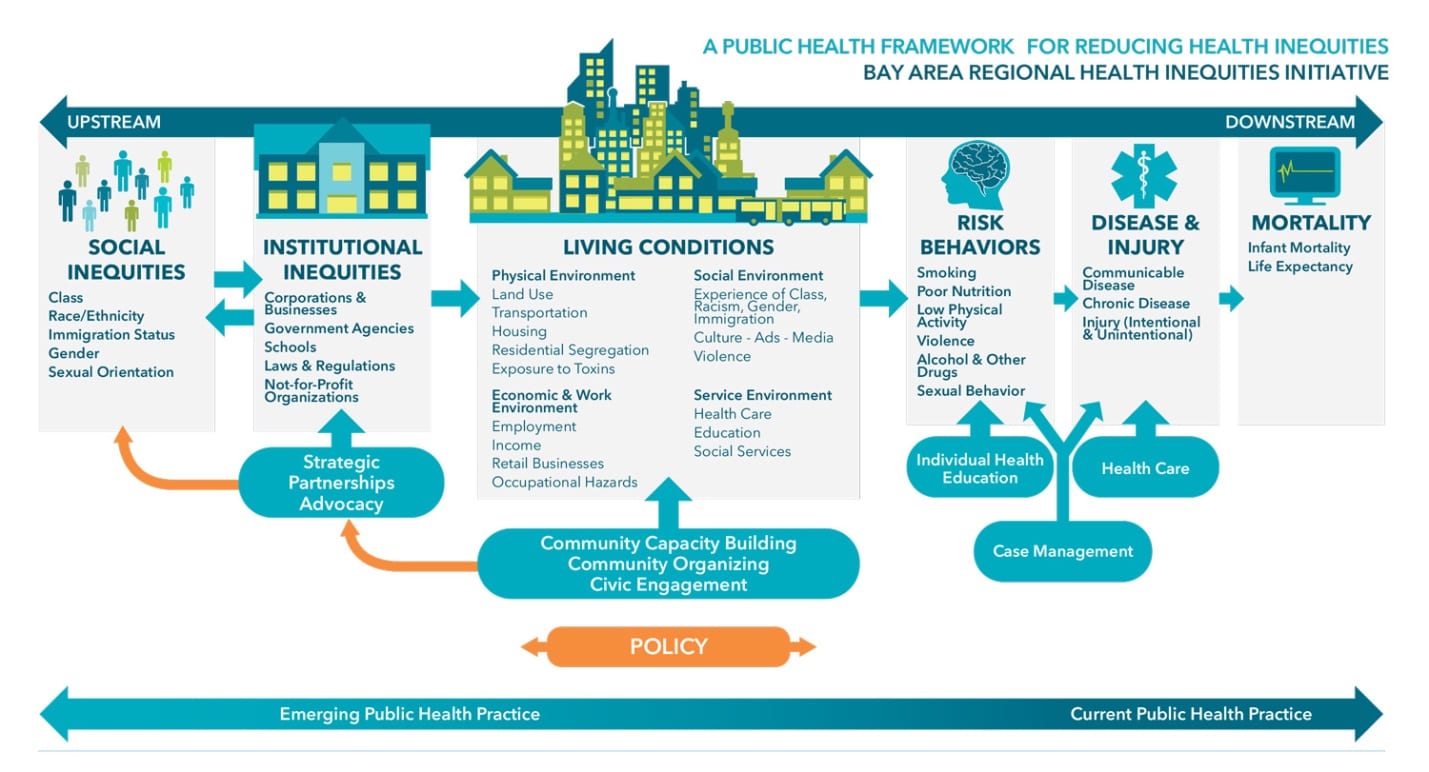
Resources, Bibliography & Links
Social Determinants of Health
- Anderson Memorial San Pedro, CA
- Telehealth for Primary and Preventive Care Among Food-Insecure Individuals ajmc.com 1/2026
- ‘True Cost of Aging’ Index Shows Many Seniors Can’t Afford Basic Necessities
- California colleges now have centers to help students with basic needs like food and housing
- Homebound Seniors Remain Disproportionately Costly For Medicare
- Los Angeles County and L.A. Found are here to help caregivers of those living with Alzheimer’s, dementia, autism or other cognitive impairments. When the person you are caring for goes missing, we got you!
- California is trying to house the homeless through a health insurance program. It worked for this man
- Medicaid Authorities and Options to Address Social Determinants of Health
- Addressing health-related social needs costs about $60 per patient each month
- Feeling alone? 5 tips to create connection and combat loneliness
- CMS approves first measures to track social determinants at federal level
- ICD 10 cm coding for Social Determinants of Health
- Solutions to loneliness elusive for hospitals Modern Health Care 1.11.2020
- wikipedia.org Social_determinants_of_health
- VIDEO Tackling the Social Determinants of Health – Ma’Lissa’s Story LA Care
- healthy people.gov/social-determinants-of-health
- VIDEO Social Determinants of Health Animation Government of New South Wales
- community.solutions Build for Zero Movement End Homelessness
- Sick and Alone: High-Need, Socially Isolated Adults Have More Problems, but Less Support Learn More Commonwealth Fund
- chcf.org/pandemic-loneliness
- America’s loneliness epidemic Why Americans are so lonely — and what we can do about it. Read More Vox.com
- lets get healthy.ca.gov/social determinates of health
- Beyond Health Care: The Role of Social Determinants in Promoting Health and Health Equity Read More Kaiser Foundation
- Medicaid Medi Cal & Social Determinates of Health Read More Kaiser Foundation
- the downey patriot.com/loneliness-damages-the-health-of-our-seniors-it-can-should-be-treated
- common wealth fund.org/caremore-improving-outcomes-and-controlling-health-care-spending
- NPR – Men can have better Friendships, here’s how
- Harpers Bazaar men don’t have friendships thus dump their feelings on women
- World Health Organization WHO Social determinants
- chcf.org/medi-cal-quality-strategy-explores-bold-steps-toward-health-equity
Biblical Mandate to Smile
Smiles are not just good for others; they are good for you too. Smiles reduce stress and enhance the immune response. They make you look younger and more attractive. Smiling releases endorphins and serotonin, elevates the mood and keeps you happier.
Smiles are contagious, they light up the world. Like a candle, a smile can light many lights without itself being diminished. If you smile at 5 people, and they pass the smile on to 5 people and they pass it on to 5 more… then by the 15th passing on, you have smiled at the whole world J
Greeting every person with a smile is healthy advice. The law of greeting with a smile is rooted in the the bible. “His eyes shall be red with wine, and his teeth white with milk” (Gen. 49:12). Thus, smiling at another is greater than giving him a glass of milk. Or as I heard in a lecture, the white teeth of a smile is better than how white the milk is. It’s better to be around people who smile, than someone who has material possessions, but are not pleasant company.
What if you don’t like someone?
Look deep inside each one. Uncover that which is unique and special. Use your thoughts and intellect, to find what’s good inside. Look for the, their inner goodness. Everyone has some. Shammai is telling us to find it, connect to it, and respond to it, with an affirming, accepting, tooth sparkling smile. Your white teeth are more delicious than milk!
Consider smiling more often. And as you do, see if you can look past the outside, past the parts of a person that are hard for you like. Take an extra moment and seek out, their inner goodness, and build a bridge from your heart to theirs. A Bite of Torah.com *

Blue Cross Anthem Authorized Broker
- Instant quotes & #Enrollment for Individual & Family
- Employer Small Group Health Proposals - Quotes
- We’re here to help you with any enrollment, selection and service questions you might have. Anthem pays us to help you at no extra charge! Check out the brochures below and on either side.
#Medicare & You - Mental Health

- Medicare & Mental Illness Publication # 10184
- Find therapists who accept Medicare Assignment
- Medicare Billing Etc Guidelines for Professionals
- Our Webpage on Medicare & Mental Health
- Mental Health
- Medicare.Gov on Mental Health
- EOC Evidence of Coverage - Plain English,
- Los Angeles Consumer Resources #Directory
- Los Angeles Times on low cost & free therapy alternatives
- NPR Mental Health & COVID
- Guide to Mental Health Benefits (The Mighty)
 Compliance Assistance Guide from DOL.Gov Health Benefits under Federal Law
Compliance Assistance Guide from DOL.Gov Health Benefits under Federal Law
- Mental Health Videos
- Veteran's Mental Health
- CMS Learning Aid for Mental Health Professionals
#Medicare10050 and You 2025
Spanish
Everything you want to know
- Steve's Video Seminar Introduction to Medicare & You
- Clear View to Medicare Patient Advocate.org - 36 pages
- Get Ready for Medicare * Spanish

***********
- Your Medicare #Benefits # 10116
- Inpatient ONLY - How Medicare Pays for your Surgery Part A vs Part B Very Well Health.com
- Enroll in Blue Cross
- Use our scheduler to Set a phone, Skype or Face to Face meeting
- #Intake Form - We can better prepare for the meeting (National Contracting Center)
- Get more information and FAQ's
- #Intake Form - We can better prepare for the meeting (National Contracting Center)
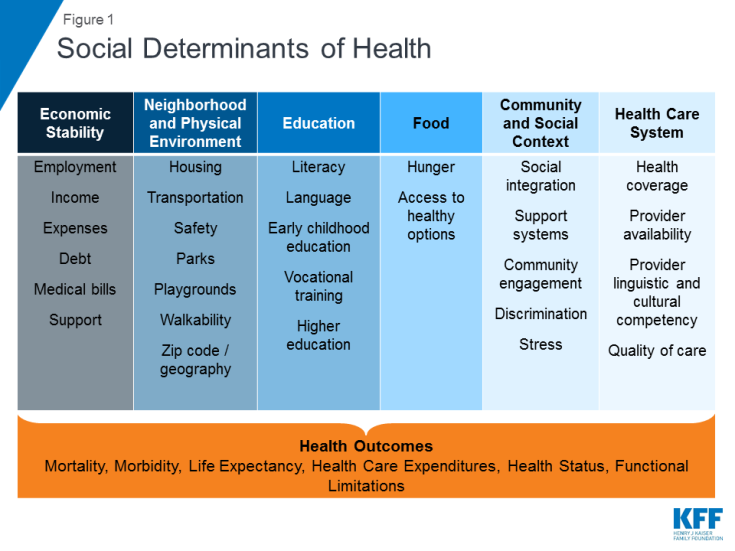


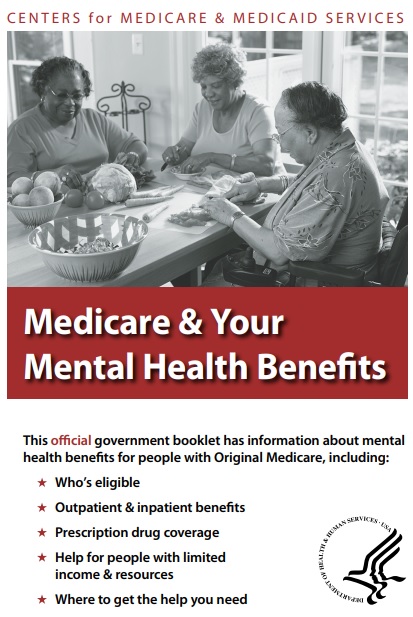
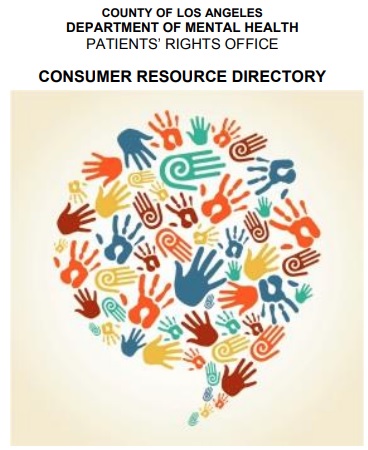

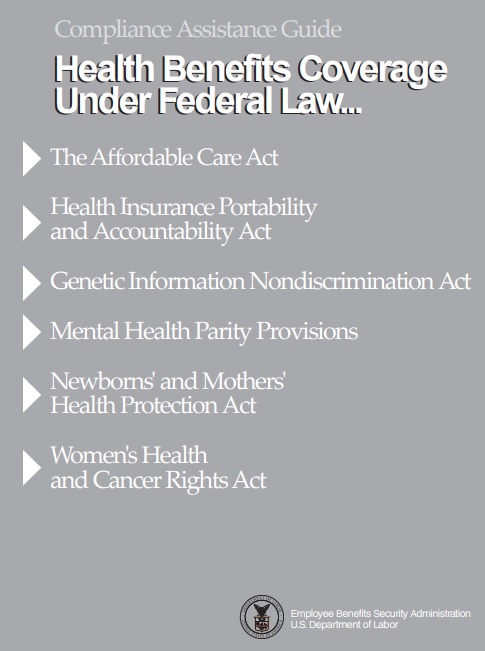




Many Americans are lonely, but efforts to reconnect fall short
Many Americans are lonely, but efforts to reconnect fall short
https://edition.pagesuite.com/popovers/dynamic_article_popover.aspx?guid=dd47c7a7-6f48-4bd7-af1c-8b0b213022d2&v=sdk
https://www.lapl.org/whats-on/calendar?field_event_branch_nid=895
http://www.croatianamericanclub.com/